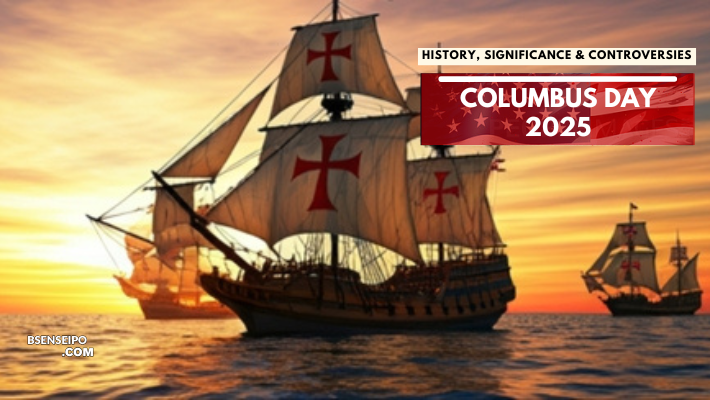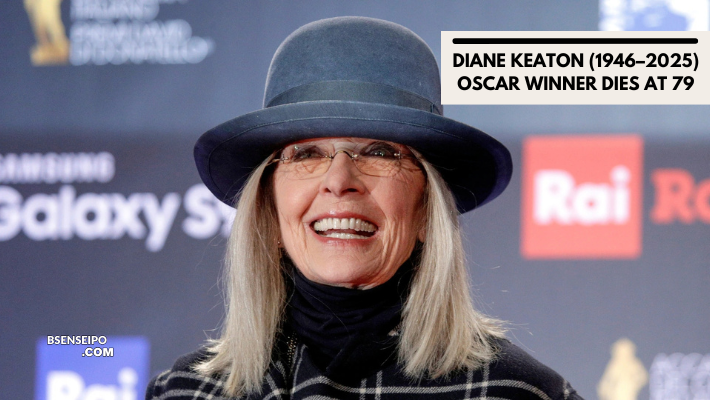Columbus Day 2025 — History, Significance & Controversies
Columbus Day 2025, observed on Monday, October 13, marks the annual commemoration of Christopher Columbus’s arrival in the Americas in 1492. What began as a celebration of European exploration has become in recent decades a flashpoint for debates over colonial legacy, Indigenous rights, and national memory.
Historical Origins
The idea of honoring Columbus’s “discovery” of the Americas emerged more than a century after the voyage. The first widely noted observance was in 1792, when New York’s Columbian Order (also called the Tammany Society) held a celebration commemorating the 300th anniversary of the landing. Over time, Italian-American communities adopted Columbus as a symbol of immigrant achievement and pride.
The transformation into an official federal holiday took many years. In 1892, after a mass lynching of Italian immigrants in New Orleans, President Benjamin Harrison encouraged a national observance of Columbus Day (in part to assuage tensions between the U.S. and Italy). The holiday became statutory in 1937 under President Franklin D. Roosevelt. In 1971, the observance was shifted to the second Monday in October (rather than fixed October 12) by federal law.
Observance in 2025
In 2025, Columbus Day falls on October 13 as per the second-Monday rule. The U.S. federal government issues a presidential proclamation each year; in 2025, President Trump has proclaimed the day in honor of Columbus’s legacy. All federal offices are closed; moreover, the holiday is listed in the U.S. federal holiday calendar for 2025.
However, observance at the state and local level is uneven. Some states, cities, and institutions choose instead to celebrate Indigenous Peoples’ Day, either replacing or co-observing it alongside Columbus Day. For many, the day has shifted from celebration to reflection.
Symbolism, Legacy & Controversy
Columbus Day carries multiple layers of meaning, and in the 21st century, its symbolism is heavily contested.
In Favor (Traditional Narrative):
-
It marks a pivotal moment in world history — the linking of the Old World and the New.
-
It is a point of pride for many Italian-American communities, celebrating heritage and contributions to American society.
-
It serves as a reminder of ambition, exploration, and the spirit of discovery.
Criticism & Reassessment:
-
Columbus’s voyages also ushered in centuries of colonization, often ruthless and destructive toward Indigenous populations. Disease, forced labor, displacement, and cultural suppression followed European arrival.
-
Critics argue that celebrating Columbus can amount to whitewashing or ignoring the suffering inflicted on Native peoples.
-
Many historians and activists advocate for a shift in commemoration — centering Indigenous perspectives and narratives.
Because of these tensions, many places now present October’s holiday as a dual observance or have renamed it entirely.
Date and Federal Status:
- Date: Monday, October 13, 2025 (Second Monday in October).
- Federal Status: Columbus Day is an official federal holiday in the United States. Federal employees typically receive a paid day off, and non-essential federal offices (and USPS mail delivery/retail transactions) are closed. Most banks and bond markets also close. Stock markets and most retail businesses remain open.
- Inconsistent Observance: It remains one of the most inconsistently celebrated holidays, with many states, cities, and schools choosing not to observe it, or to observe a different holiday instead.
Historical Origin and Traditional Celebration (Columbus Day):
- Inception: It commemorates the arrival of Christopher Columbus in the Americas on October 12, 1492.
- Formal Recognition: First celebrated on a state-wide level in Colorado in 1907. It became a federal holiday in 1937, largely due to lobbying by the Knights of Columbus (a Catholic fraternal organization) to celebrate Italian-American heritage.
- Date Change: It was fixed on the second Monday in October starting in 1971 to create a consistent three-day weekend.
- Traditional Focus: The day traditionally celebrates the spirit of exploration, the link to Western civilization, and the cultural contributions of Italian Americans. Celebrations, particularly in cities like New York, often feature large parades.
The Controversy and the Rise of Indigenous Peoples’ Day:
- The Controversy: The celebration of Columbus has drawn decades of criticism due to his role in the colonization of the Americas, and the subsequent devastating effects on Indigenous populations, including forced assimilation, violence, enslavement, and the introduction of European diseases. Critics argue that honoring him perpetuates a colonial legacy.
- Indigenous Peoples’ Day (IPD): This counter-holiday, also observed on the second Monday in October, honors the histories, cultures, resilience, and unique traditions of Indigenous peoples who inhabited the Americas for thousands of years before European contact.
- IPD Recognition:
- State/Local Level: The movement began at the local level. Berkeley, California, was the first city to officially adopt IPD in 1992. Today, over a dozen states and more than 200 cities have officially replaced Columbus Day or observe IPD alongside it (e.g., Maine, Vermont, New Mexico, and Washington, D.C., often celebrate IPD exclusively).
- Federal Recognition: Former President Joe Biden issued the first formal Presidential Proclamation recognizing Indigenous Peoples’ Day in 2021, coinciding with Columbus Day.
- 2025 Reversal: President Donald Trump’s administration, however, issued a proclamation recognizing only Columbus Day in 2025, foregoing the dual recognition of Indigenous Peoples’ Day. States and localities that have already adopted IPD will likely continue to observe it as a state/local holiday.
Other Observances:
- In some regions, the day is also celebrated with other commemorations, such as Día de la Raza (Day of the Race) in Latin American and Latino communities, or American Indian Heritage Day and Fraternal Day in certain states.




